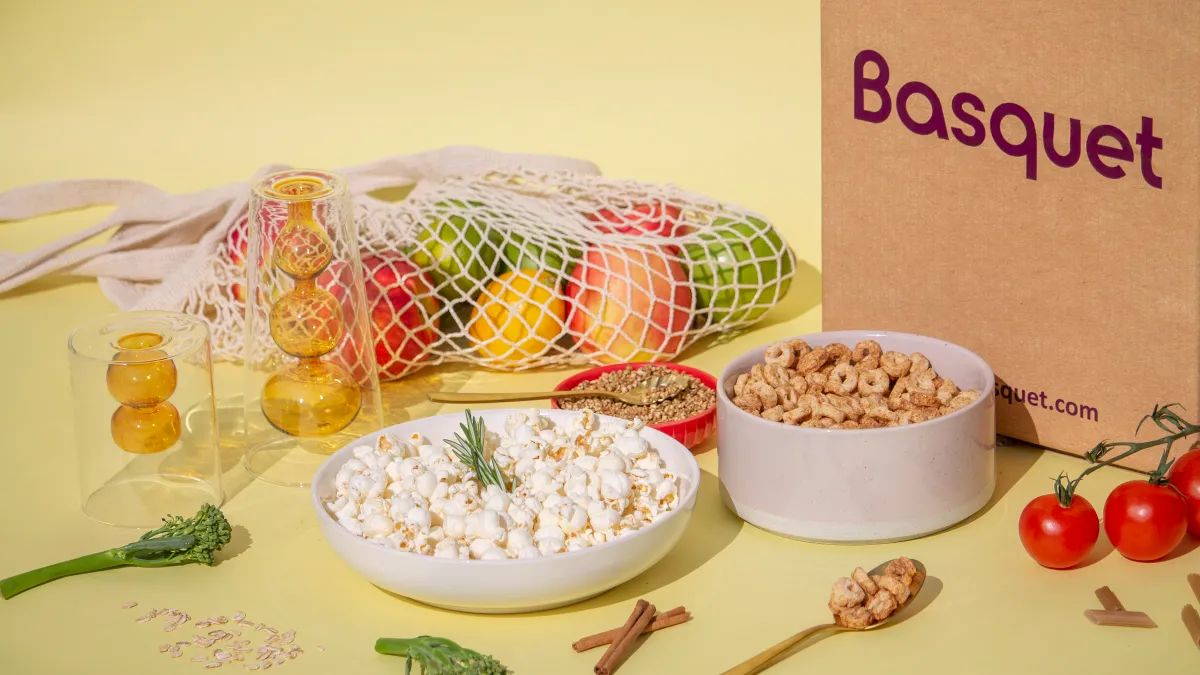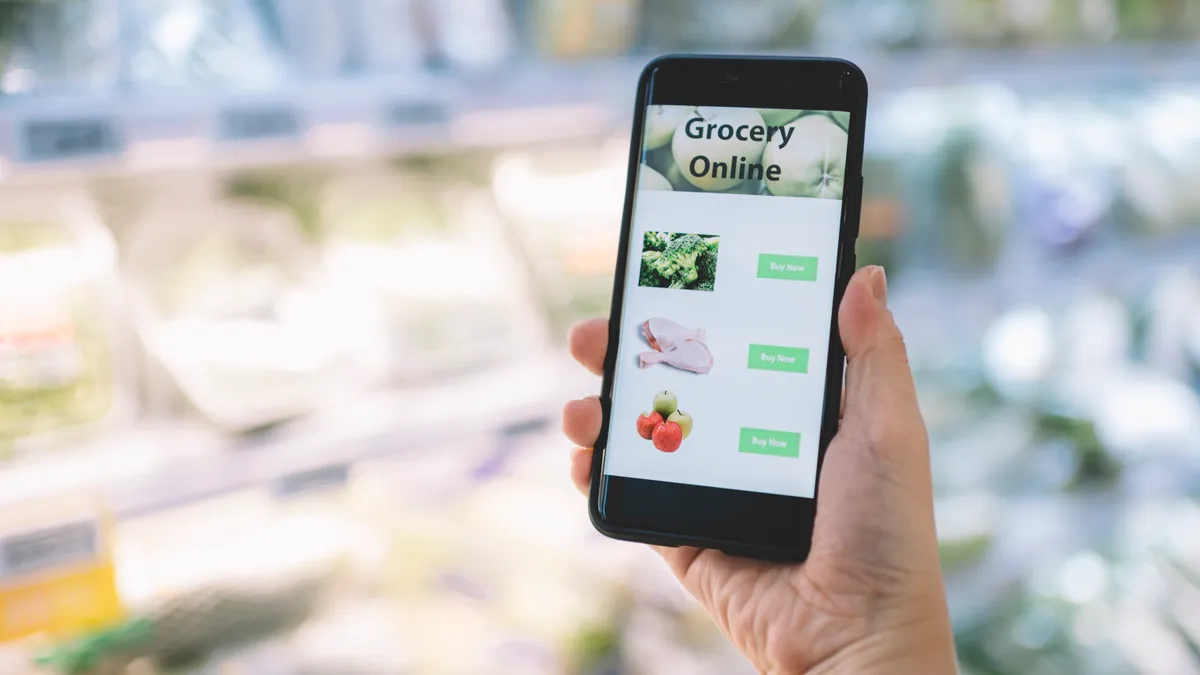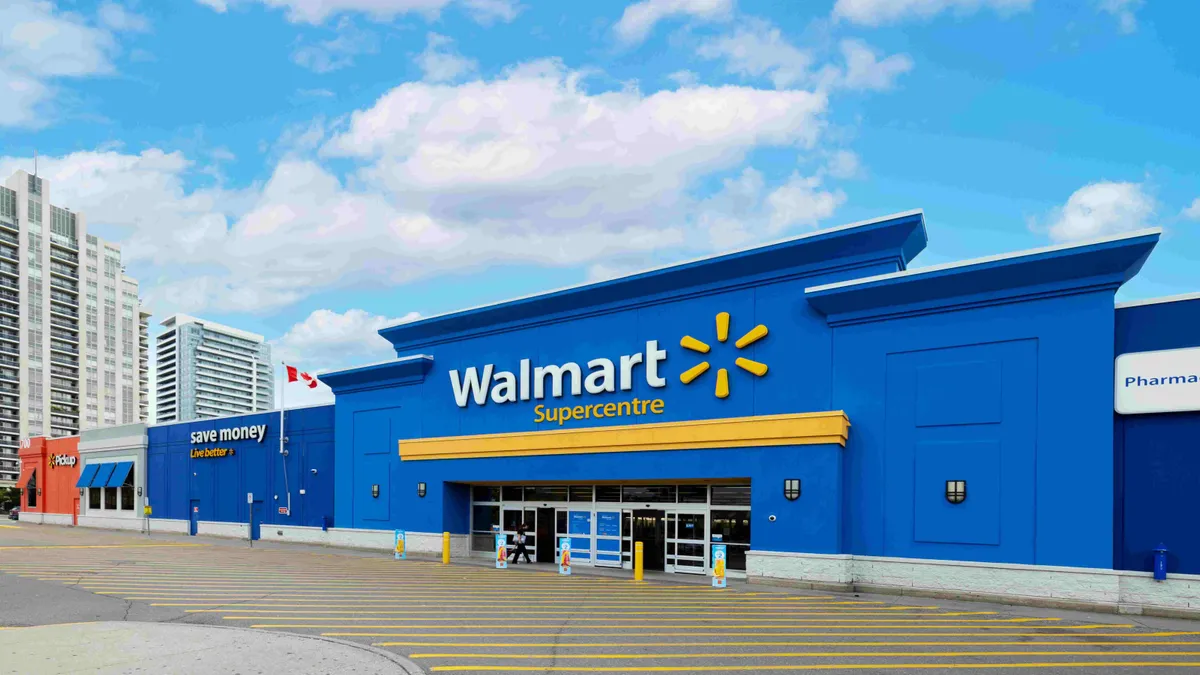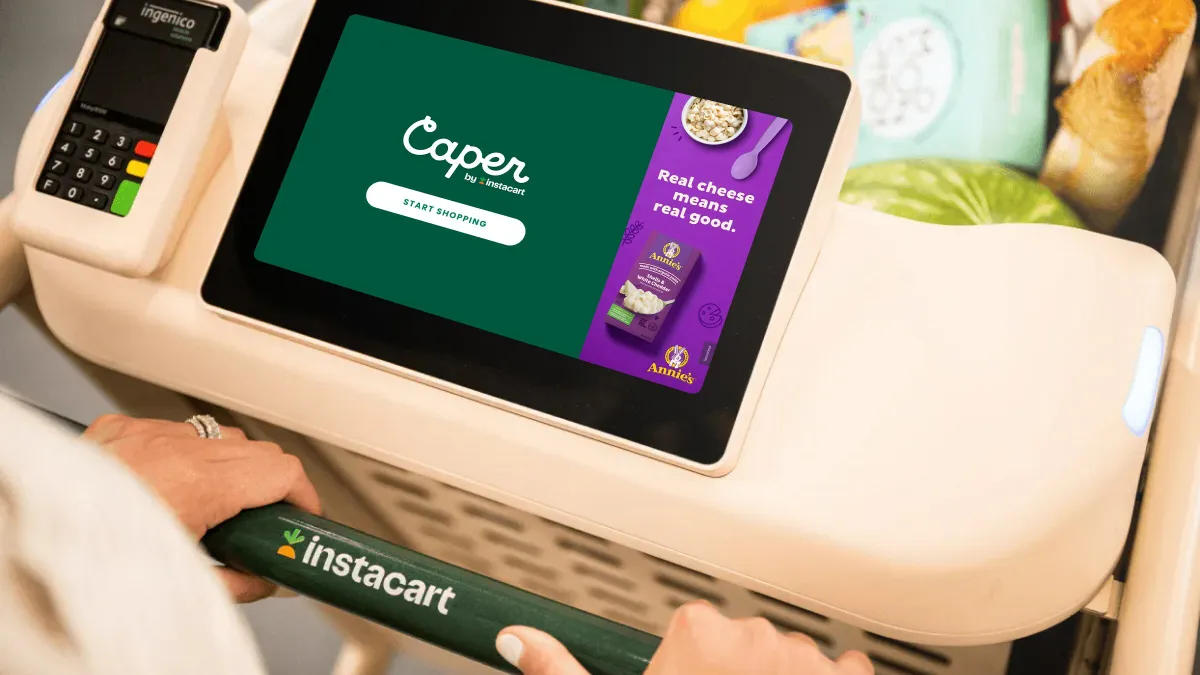Grocery shopping with food allergies or dietary restrictions can turn into a tedious chore when pacing the aisles to check every label and ingredient listed. Which brands are free of all top nine allergens? What pantry items avoid only coconut and not all tree nuts? Which brands are Kosher? What snacks follow the Paleo diet?
Recognizing this lack of accessibility, Basquet, a new East Coast-based e-grocer, is setting out to cultivate a one-stop shop for consumers with food allergies and specific dietary needs.
“We saw a huge gap in the market with 85 million consumers who avoid the top nine allergens,” Ana Isabel Diaz, one of Basquet’s co-founders, said in an interview. “We decided to create a grocer that offers a better curation of [allergen conscious brands].”
The large number of Americans with food allergies, as well as those that follow certain dietary restrictions, has helped fuel a supply boom in products tailored to their needs. A 2020 report from research firm Future Market Insights predicted that allergen-free foods will become a $108 billion market by 2030, with sales growing by around 8.6% annually.
Officially launched on April 26, Basquet offers 340 products from 140 brands, both mainstream and niche. Categories include pantry, snacks, beverages and supplements, and shoppers can filter their options by allergen ingredients, allergen-free facilities and dietary lifestyle.
The new grocer’s headquarters, where co-founder Diaz and Ivanhova “Nova” Kaufman work, are in Miami while its warehouse and fulfillment center are based in New Jersey. Basquet is able to ship to anywhere in the continental U.S., with customers based in the Northeast able to receive their Basquet shipment in one to two business days, while West Coast and central U.S. customers will receive their order in three to five business days. Express shipping is also offered for an additional $10.
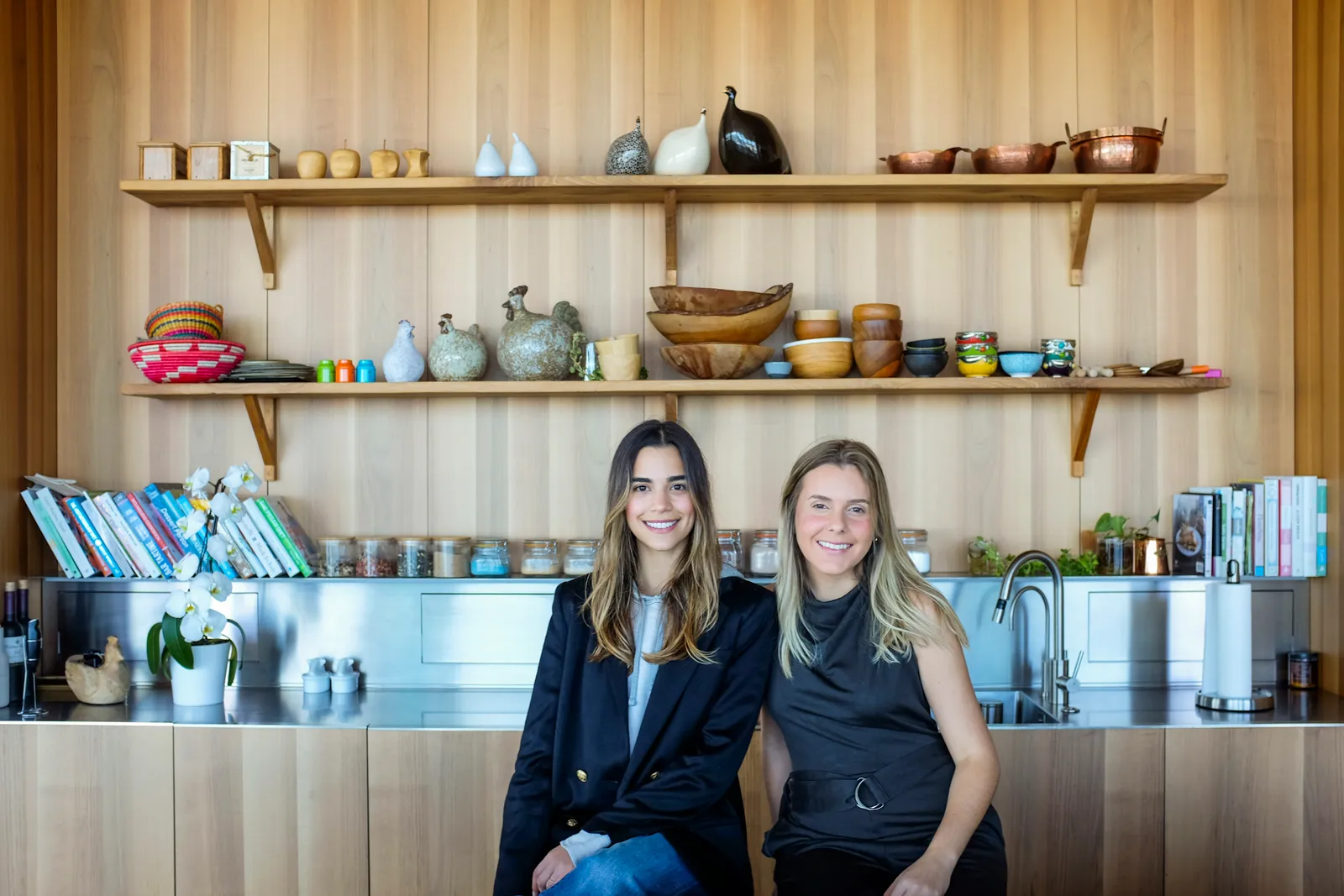
While these aren’t unreasonable delivery timeframes, they do put Basquet at a disadvantage compared to larger e-commerce brands that can offer overnight delivery, according to Celia Van Wickel, a senior director of digital commerce at Kantar. She also noted that corporations such as Walmart and Amazon have begun adding sections of their grocery platforms to try and accommodate the same consumers Basquet is.
Walmart has a Dietary & Lifestyle digital storefront and earlier this year launched a “Shop-by-Diet” tool on its website and app, while Amazon has begun curating search terms for shoppers looking for allergen-free and dietary specific goods, Van Wickel pointed out. However, she noted that large-scale companies are still in the testing phase of what Basquet currently specializes in, leaving room for the new e-grocer to grow.
Unlike other e-commerce shops, Diaz and Kaufman have been able to maintain price competitiveness — a significant advantage for this emerging company, Van Wickel noted. Upon visiting Basquet’s website for the first time, she was impressed by the grocer’s ability to sell household name pantry items from brands like MadeGood and Enjoy Life at similar prices to Target and Kroger.
Currently, the average Basquet order value is $64 and consists of 10 items. Since the start of the third quarter, which began in July, Basquet has seen a 60% increase in sales indicating it expects to, at minimum, double in sales during the quarter.
Building loyalty and promoting niche brands
Basquet launched with a “very conservative funding amount” and a pre-seed round of $500,000 through angel investors, according to Diaz and Kaufman. They followed this same conservative approach in their marketing strategy.
“We knew that we were not only competing against huge, huge companies but also targeting a very sensitive market, because it is very much a health condition that we're after,” Kaufman said. “So we really didn't want to go out and be very aggressive in terms of marketing and advertising without really getting to know our customers, getting the data first and getting their insights.”
As part of its pre-launch marketing strategy, Basquet’s primary focus was on making personal connections with customers and gathering data on consumers looking for allergen-free products. Taking to social media, specifically Instagram, was Basquet’s main form of communication in growing a customer base and gaining feedback on the Basquet shopping experience. Diaz and Kaufman also forged partnerships with social media influencers and bloggers who are part of the food allergy community.
Basquet also established an affiliate program of 50 target consumers to test out the service and provide feedback. This lasted an additional two months after Basquet’s official launch. Since then, Diaz and Kaufman have turned to some paid advertising methods, but have decided to continue following a more organic marketing approach in order to continue getting feedback, building loyalty and further establishing the business.
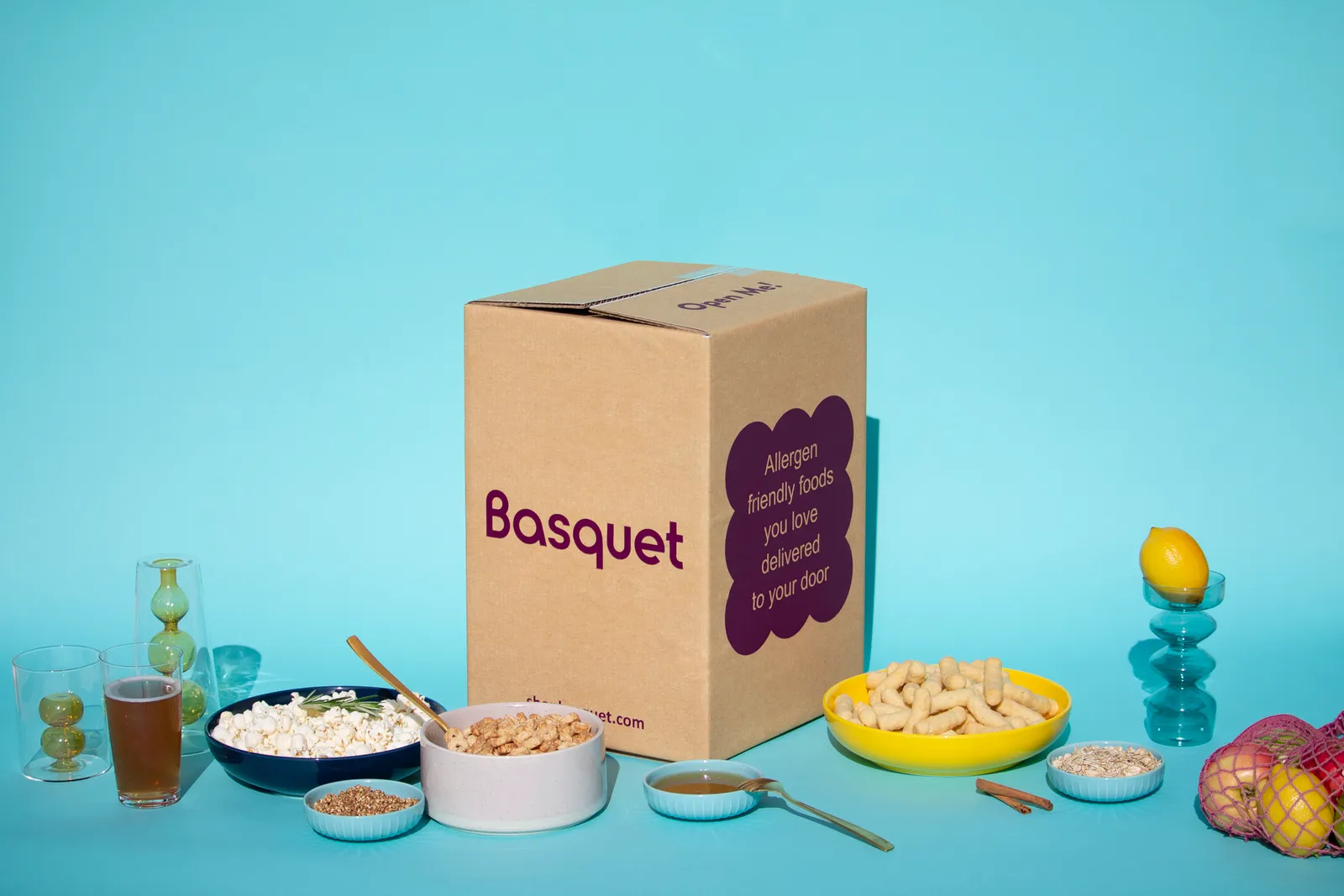
In addition to stocking their virtual shelves with well-known allergen-free brands, Diaz and Kaufman have put in significant efforts into including smaller, local brands.
“We knew that there were so many small brands that existed out there for this [allergen free] community that weren't known because they didn't have the chance to be known, and they weren't sitting on the shelves of these huge retailers,” Kaufman said “And so we very much formed relationships with small brands that were very much aligned with Basquet’s mission.”
Some of these smaller brands are top sellers so far. According to Diaz and Kaufman, the top five brands on Basquet are Ka-Pop!, Enjoy Life, Oat Haus, MadeGood and Edison Grainery.
In cultivating the idea and concept for Basquet, Diaz and Kaufman discovered not only a disconnect between retailers and consumers but a lack of transparency, as well. For Basquet, providing information about each brand, the ingredients and where the ingredients are sourced is vital. Before launching, Diaz and Kaufman contemplated for over nine months on which brands would be their founding brands and that aligned with Basquet’s four pillars: transparency, responsibility, compassion and empowerment.
Basquet is currently serving as a fill-in grocer, but hopes to establish itself as a full scale e-grocer and introduce produce and other perishables to their shelves. By 2024, the grocer hopes to introduce Basquet pop-up stores to major East coast cities, including New York and Boston.
Correction: A previous version of this story misspelled Celia Van Wickel’s name.



